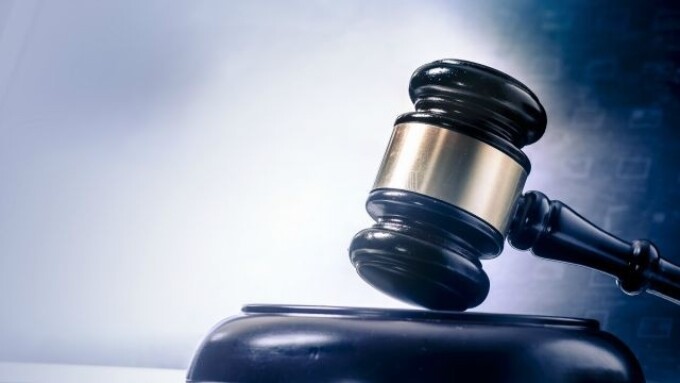SAN FRANCISCO — The 9th U.S. Circuit Court of Appeals on Thursday declined to rehear the so-called “dancing baby” case but made some amendments to its ruling on the Digital Millennium Copyright Act’s notice-and-takedown system.
The panel’s September ruling was the first time ever an appellate court held that “fair use” should be treated as a necessary consideration when copyright holders send takedown demands.
Fair use permits limited use of copyrighted material without acquiring permission from the rights holders. It is one type of legal defense, called an affirmative defense, to the exclusive rights granted to the author of a creative work by copyright law.
Today’s amended appellate ruling left the original decision intact for the most part. But the new decision tossed out language on how automation might be used to evaluate fair use on a mass scale.
The 9th Circuit’s amended opinion excised several pages of its original ruling that said content owners’ fair use analysis need not be "searching or intensive” and that they could use automation through computer algorithms to help conduct the analysis.
In the September ruling, a three-judge panel of the 9th Circuit affirmed a lower court’s decision for summary judgment in an action under the DMCA alleging that Universal Music Group violated 17 U.S.C. § 512(f) by misrepresenting in a takedown notification that plaintiff Stephanie Lenz’s home video of her “dancing baby” constituted an infringing use of a portion of a Prince composition, "Let's Go Crazy."
In 2007, Universal sent a takedown notice to YouTube, claiming Lenz didn't have permission to use the song and YouTube removed her video.
Lenz later successfully petitioned YouTube to restore the 29-second video and then sued Universal, stating the company failed to properly review the home video before submitting the takedown notice.
The appeals court said in the September decision that copyright owners like Universal can only send takedown notices if they’ve come to a good faith conclusion that the targeted upload is not a protected fair use of the copyrighted work.
As a result, Universal must stand trial over whether it wrongfully sent a copyright takedown notice to her.
Adult industry attorney Marc Randazza of Randazza Legal Group told XBIZ that the amended decision released today was a mixed bag.
“I like that it makes it clear that fair use is a right, not an affirmative defense,” Randazza said. “At the same time, I find it sort of lame that they still leave the burden of proof of fair use on the fair user.”






